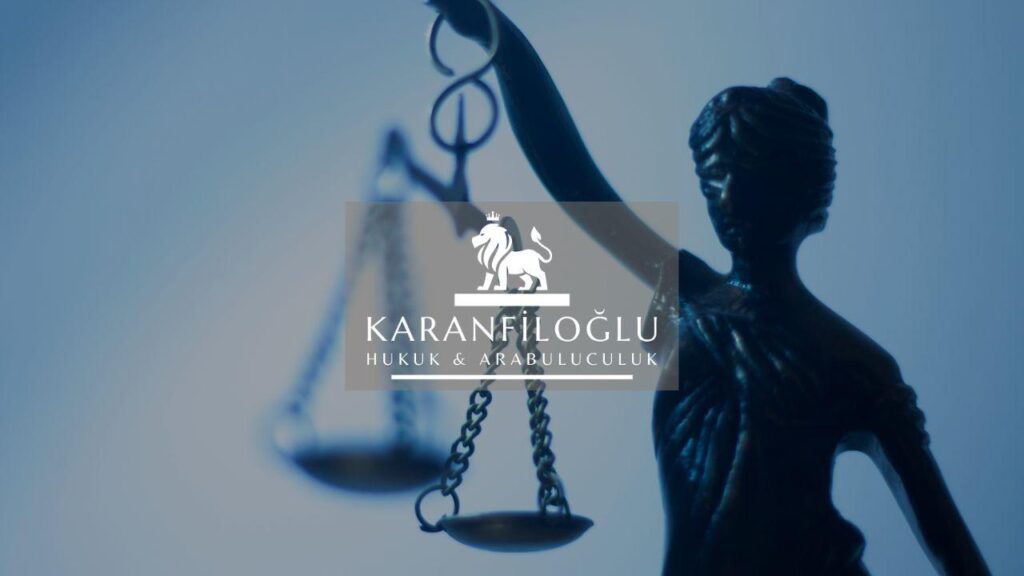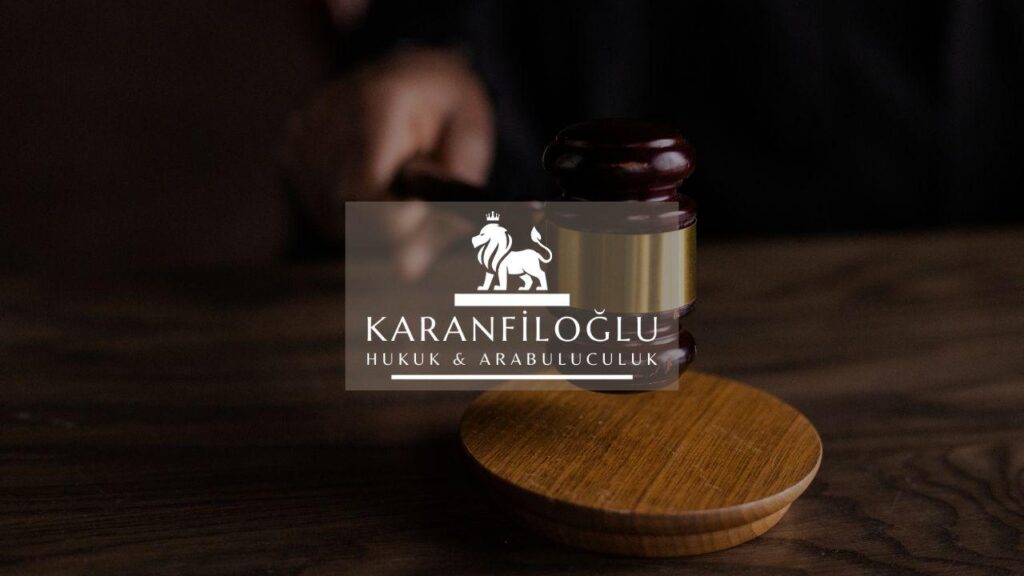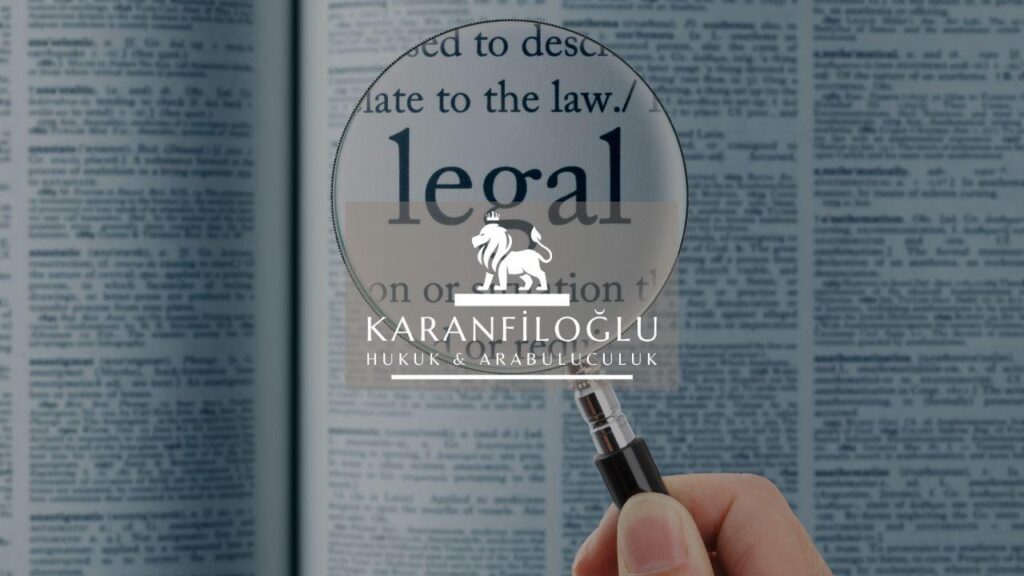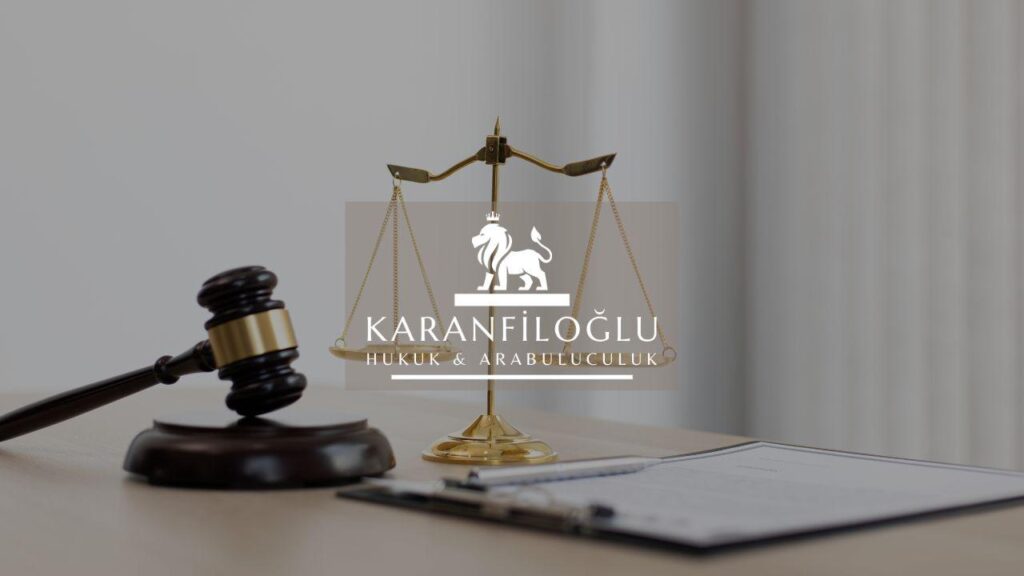Filing a personal injury claim in Turkey requires a meticulous approach, guided by the principles outlined in the Turkish Code of Obligations (TCO) and the Turkish Civil Code (TCC). Article 49 of the TCO and Article 24 of the TCC form the legal backbone for such claims, setting forth the conditions under which an injured party may seek compensation. At Karanfiloglu Law Office, we understand the complexities involved in substantiating negligence and establishing liability. Whether it involves gathering essential evidence, navigating statutory deadlines, or calculating damages under Article 74 of the TCO, our expert legal team is equipped to provide comprehensive guidance every step of the way. If you or your loved one has suffered harm due to another party’s recklessness or negligence, understanding the procedural intricacies can significantly impact the outcome of your case. This article aims to delineate the essential steps involved in filing a personal injury claim within the Turkish legal framework.
Understanding the Legal Framework for Personal Injury Claims in Turkey
In Turkey, personal injury claims are fundamentally governed by the Turkish Code of Obligations (TCO) and the Turkish Civil Code (TCC). Article 49 of the TCO stipulates that a tortfeasor is obliged to compensate any damages caused by their fault or negligence, thereby laying the groundwork for establishing liability. Concurrently, Article 24 of the TCC provides for the protection of personal rights, declaring any unlawful infringement of personal rights actionable for compensation. Understanding these articles is crucial for substantiating a claim, as they collectively delineate the scope and limitations of what constitutes actionable harm and who may be held liable. At Karanfiloglu Law Office, we prioritize a detailed examination of these legal parameters to build a robust case for our clients, ensuring that all statutory requirements are meticulously met.
When pursuing a personal injury claim in Turkey, it’s also pivotal to understand the importance of fault and causation as outlined in the TCO. Article 50 of the Turkish Code of Obligations specifies that the claimant must demonstrate that the damage is a direct result of the defendant’s actions or negligence. This means that establishing a causal link between the tortfeasor’s conduct and the injury incurred is essential for any successful claim. Article 52 further incorporates provisions about contributory negligence, indicating that the compensation might be reduced if the injured party is found partially at fault. At Karanfiloglu Law Office, we ensure that our clients’ claims encompass comprehensive evidence and expert testimonies to irrefutably establish the fault and causation elements, thereby fortifying the foundation of their claims within this legal framework.
In addition to proving fault and causation, quantifying the damages incurred by the claimant is a crucial aspect of a personal injury claim in Turkey. As dictated by Article 74 of the TCO, the injured party has the right to claim compensation for not only direct financial losses but also for non-pecuniary damages such as pain and suffering. This legal provision ensures a comprehensive assessment of both material and immaterial damages, requiring meticulous documentation and expert evaluation to substantiate the extent of harm suffered. At Karanfiloglu Law Office, we deploy a thorough approach to evaluate all potential damages, obtaining necessary medical reports, financial documentation, and expert opinions to support our client’s claim. Our objective is to recover full and fair compensation that reflects the true impact of the injury on our client’s life, adhering strictly to the legal standards and criteria set forth in the TCO.
Gathering Essential Evidence and Documentation for Your Claim
The first step in filing a personal injury claim in Turkey involves gathering essential evidence and documentation to substantiate your case. Under Article 50 of the Turkish Code of Obligations (TCO), the burden of proof lies with the claimant; hence, collecting comprehensive evidence is crucial. This may include medical records detailing the nature and extent of your injuries, eyewitness testimonies, and any available photographic or video evidence from the accident scene. Additionally, police reports and expert opinions can play a significant role in establishing the circumstances of the incident and proving negligence. At Karanfiloglu Law Office, our legal team assists clients in meticulously gathering and preserving this vital evidence, ensuring that it meets the evidentiary standards required by Turkish law.
Properly documenting your damages is equally vital for the success of your personal injury claim. Under Article 53 of the Turkish Code of Obligations (TCO), you must present a detailed account of all economic and non-economic losses incurred due to the injury. This includes medical expenses, loss of income, rehabilitation costs, and any future medical care you may require. Non-economic damages such as pain and suffering and emotional distress must also be substantiated with appropriate evidence. Obtaining written statements from treating physicians, financial statements, and psychiatric evaluations can significantly strengthen your case. Our legal team at Karanfiloglu Law Office will work closely with you to ensure that all documentation accurately reflects your losses, thereby maximizing your potential compensation.
Furthermore, it is essential to maintain a clear and comprehensive record of all communications related to your personal injury claim. This includes correspondence with insurance companies, medical professionals, and any other parties involved. In accordance with Article 72 of the TCO, proper documentation and timely submission of all relevant paperwork can prevent potential delays and disputes during the legal proceedings. At Karanfiloglu Law Office, we advise our clients to keep a detailed log of all interactions and to promptly share all received documentation with our team. This allows our legal experts to stay abreast of developments, enabling the formulation of precise legal strategies tailored to your unique situation. By diligently managing your communications and documentation, you contribute significantly to the robustness of your personal injury claim, thereby enhancing its chances of success.
Navigating the Court Process and Potential Outcomes in Turkish Personal Injury Cases
Navigating the court process for a personal injury claim in Turkey hinges on adhering to specific procedural requirements and understanding the potential outcomes. Initially, the claimant must lodge the lawsuit with the relevant civil court, often the court of first instance, as dictated by Article 2 of the Turkish Civil Procedure Code (CPC). The petition must detail the nature of the injury, the evidence supporting the claim, and the legal basis for the compensation sought. Once the court accepts the petition, both parties will participate in a series of hearings where evidence, including medical reports and witness testimonies, is presented and scrutinized. The outcome, whether a settlement is reached or the case proceeds to a final judgment, depends on the persuasive presentation of evidence and the legal arguments, adhering to the standards set forth in Articles 179 and 187 of the CPC. At Karanfiloglu Law Office, our experienced attorneys provide strategic representation to maximize the likelihood of a favorable outcome.
If a settlement cannot be reached during the proceedings, the court moves toward delivering a final judgment. In such instances, it is crucial to understand that the burden of proof lies with the claimant, as prescribed by Article 6 of the Turkish Civil Code (TCC). This means that the injured party must convincingly demonstrate negligence on the part of the defendant and explicitly link it to the damage suffered. Additionally, medical expert reports and forensic evidence often play a significant role in substantiating the claims, as per Article 221 of the Turkish Civil Procedure Code (CPC). If the court finds in favor of the claimant, the damages awarded are calculated following the guidelines set out in Article 51 and 52 of the Turkish Code of Obligations (TCO), which consider factors such as loss of earnings, medical expenses, and emotional distress. At Karanfiloglu Law Office, our thorough approach ensures that all necessary documentation and evidence are meticulously prepared, aimed at securing just compensation for our clients.
After the court issues its final judgment, either party has the right to appeal the decision if they believe there has been a procedural or legal error, under Article 361 of the Turkish Civil Procedure Code (CPC). The appeal must be filed within a specified period, generally 15 days from the date of the judgment, as stipulated by Article 345 of the CPC. The appellate court will review the case records, focusing on whether the lower court correctly applied the law without re-evaluating the factual evidence unless there is a substantial reason to do so. During this phase, the expertise of a seasoned legal team like Karanfiloglu Law Office can be invaluable, navigating the intricate appellate procedures to ensure that your interests are robustly defended. Should the appellate court uphold the original judgment, enforcement can be pursued through the execution offices, ensuring that the awarded compensation is collected in accordance with Article 24 of the Turkish Enforcement and Bankruptcy Law.
Disclaimer: This article is for general informational purposes only and you are strongly advised to consult a legal professional to evaluate your personal situation. No liability is accepted that may arise from the use of the information in this article.







